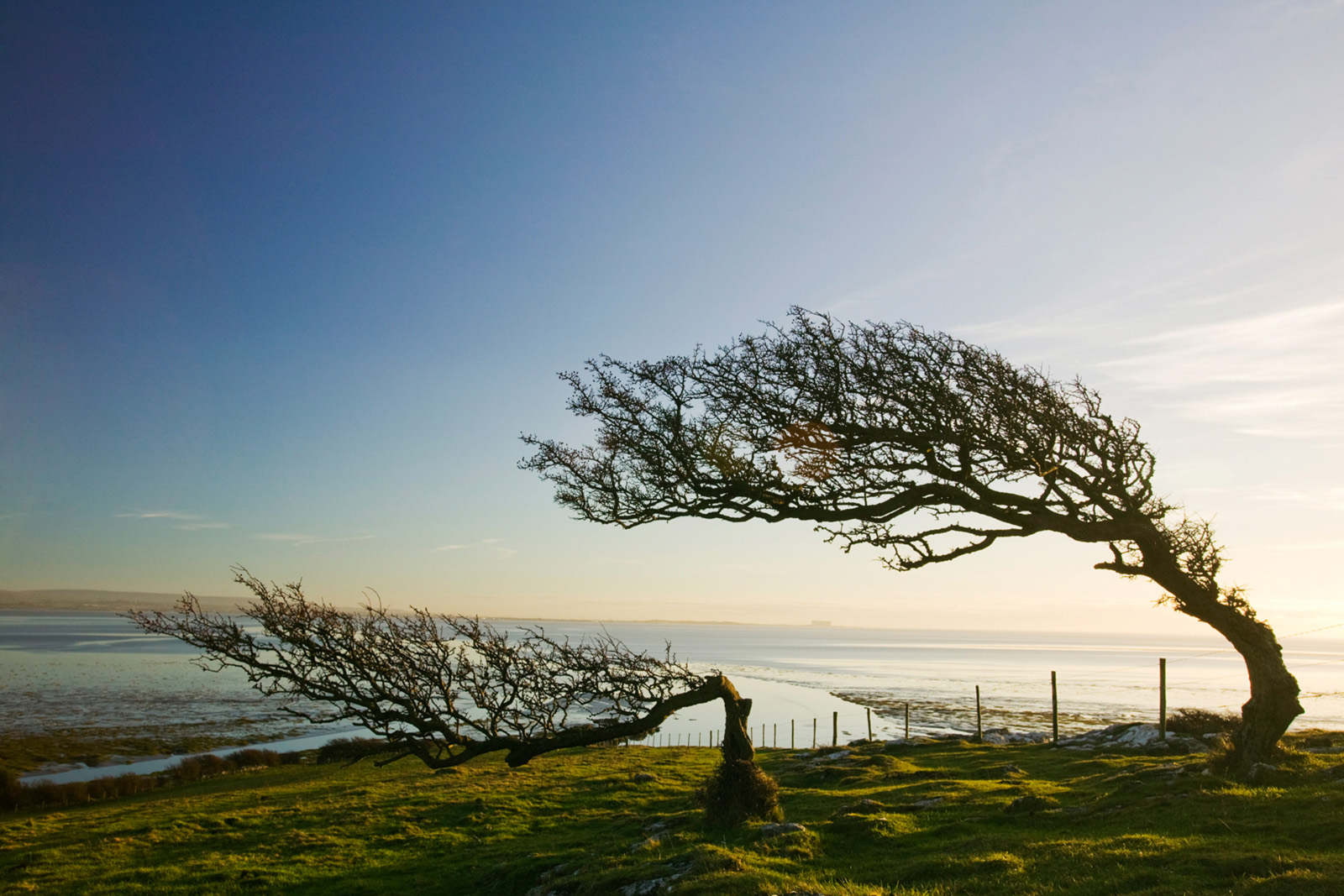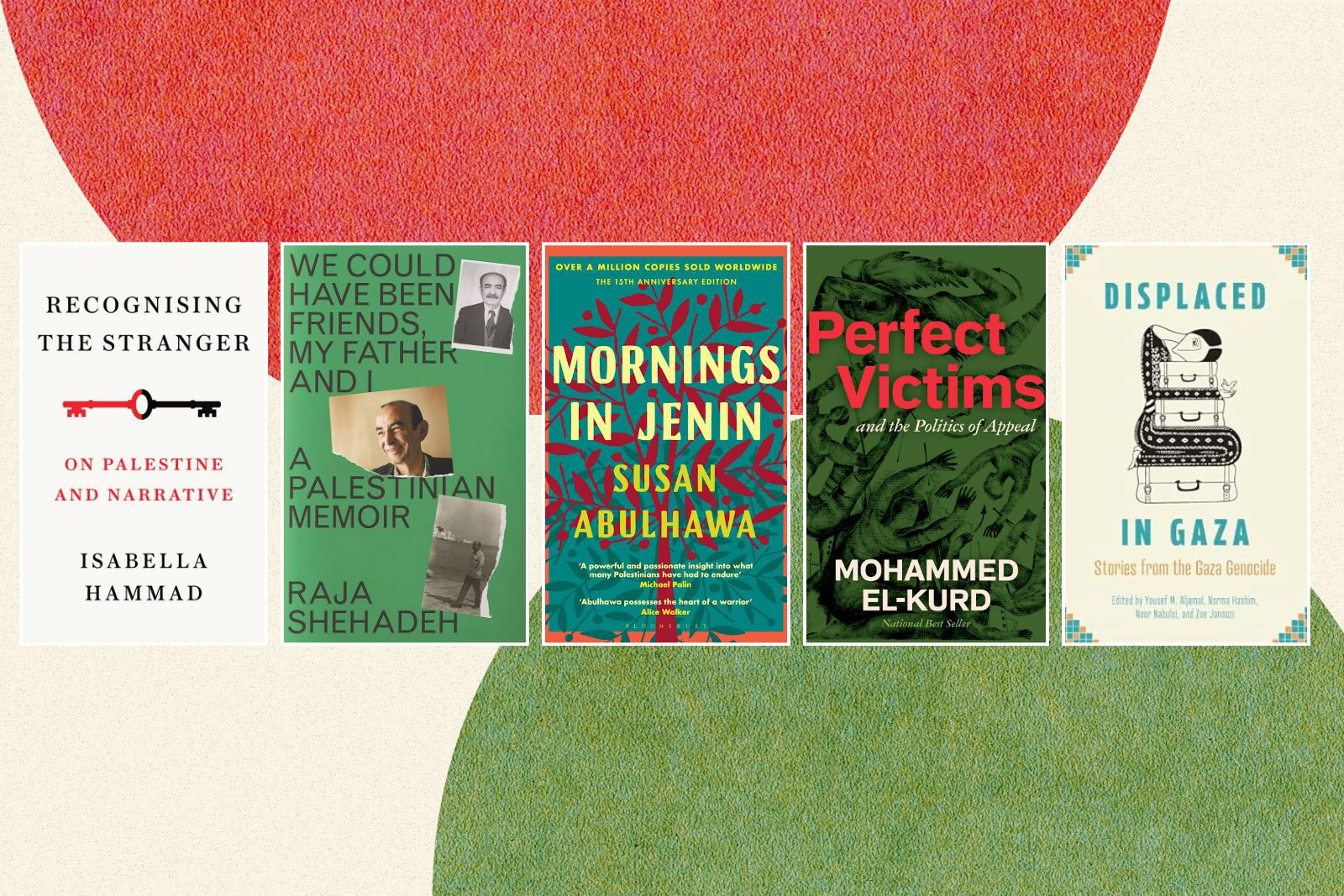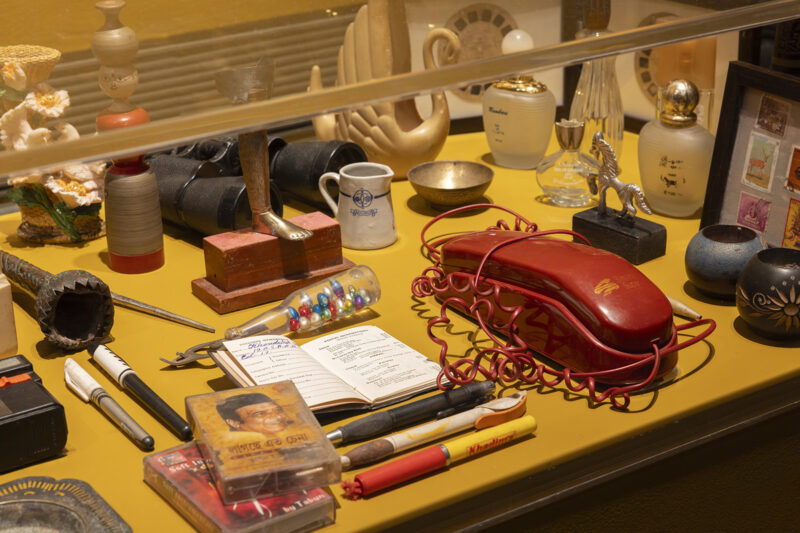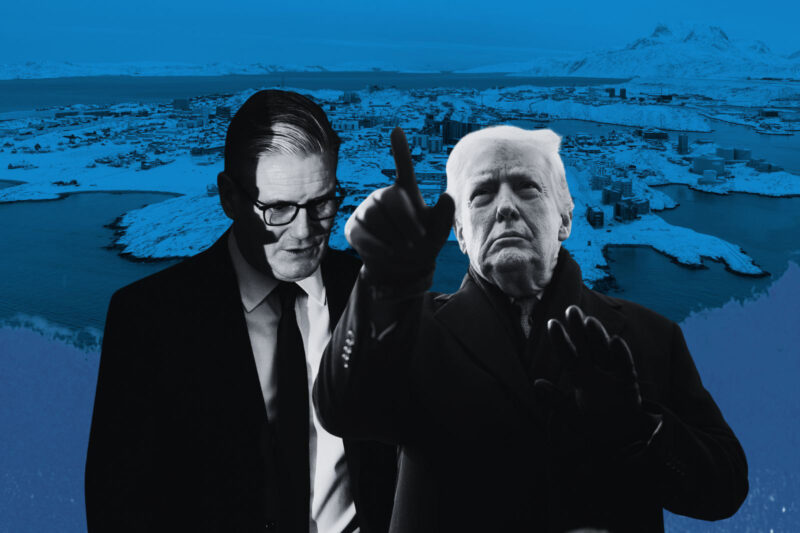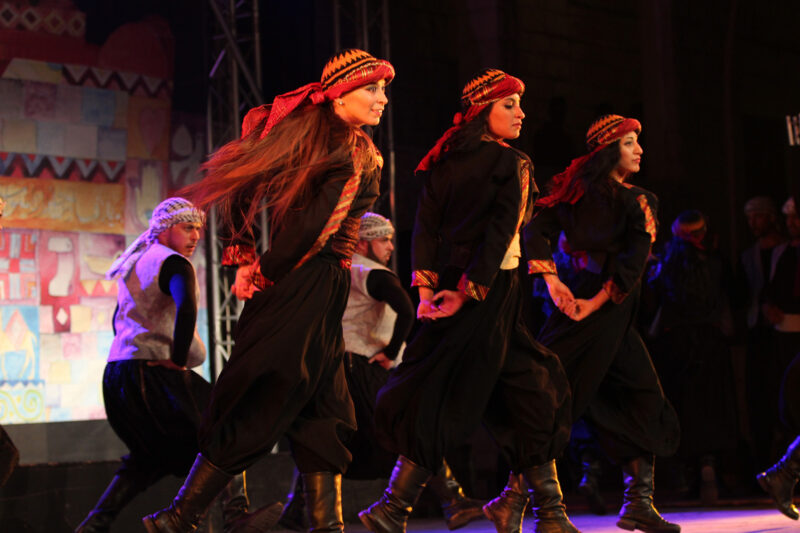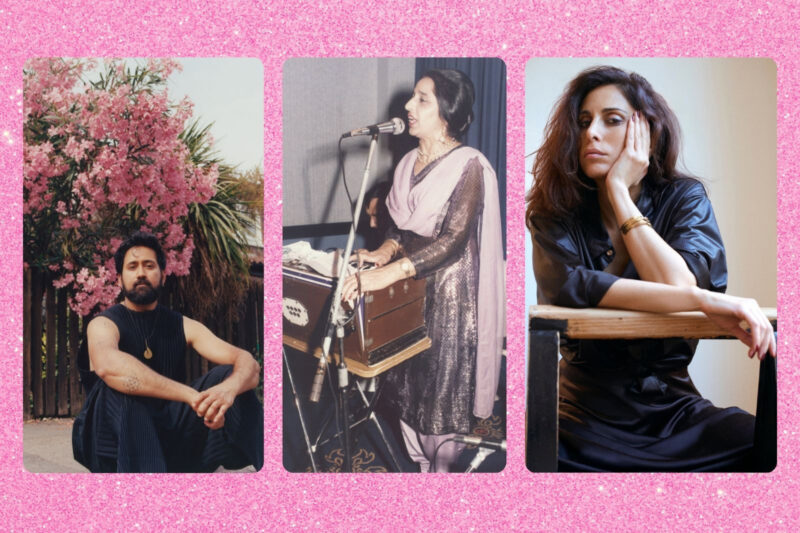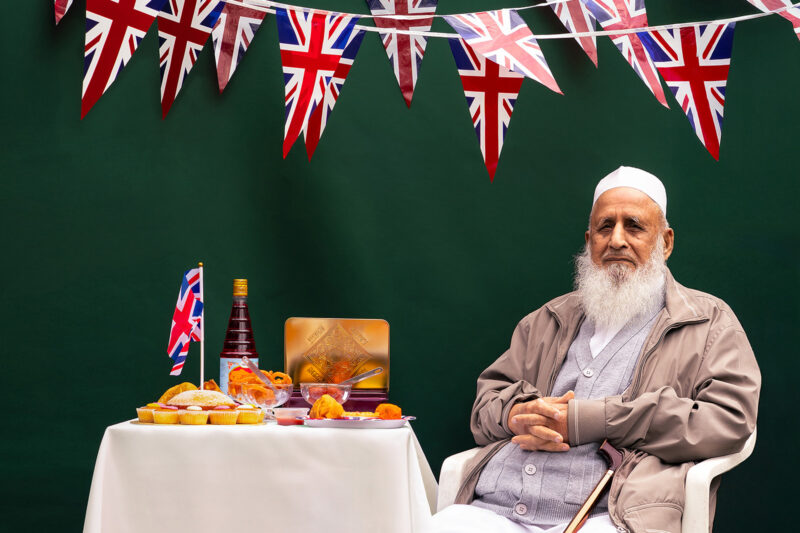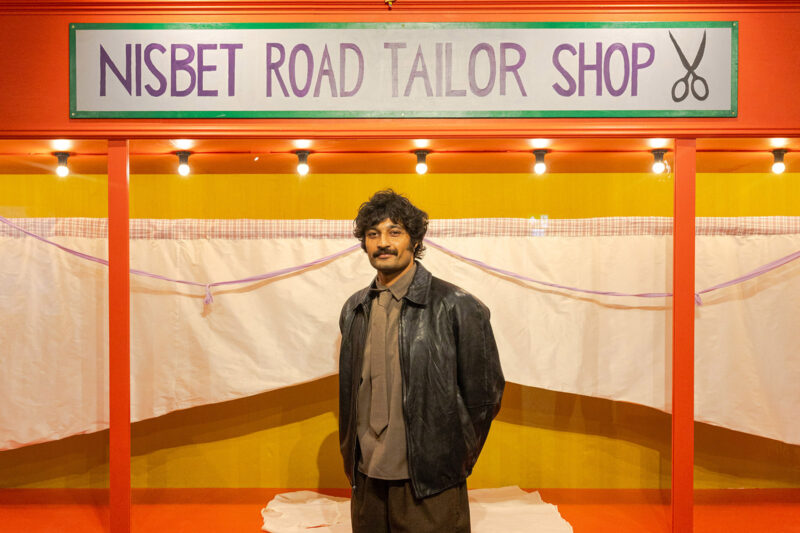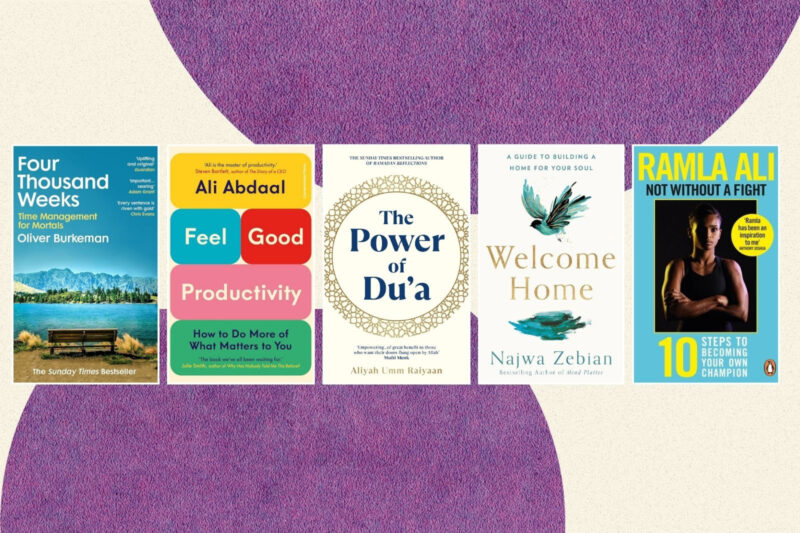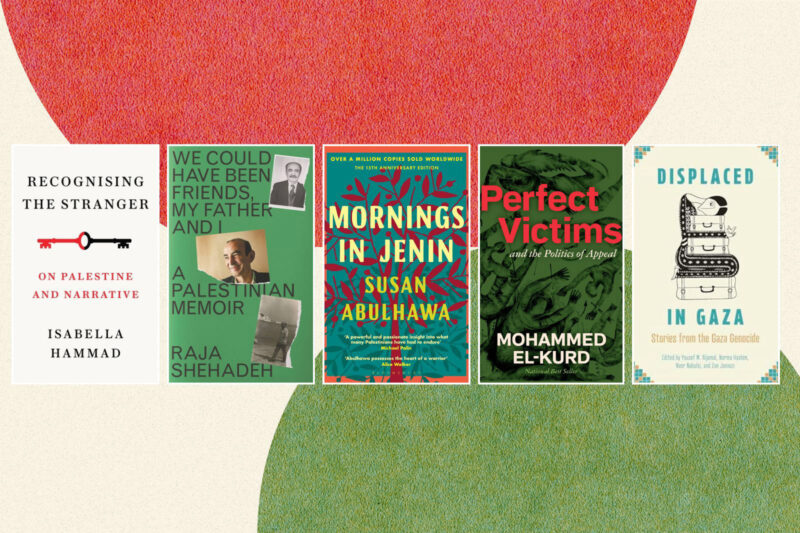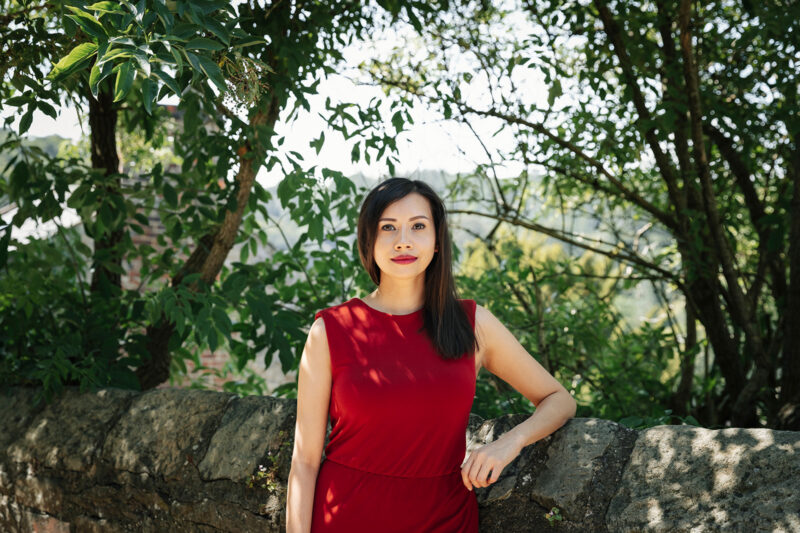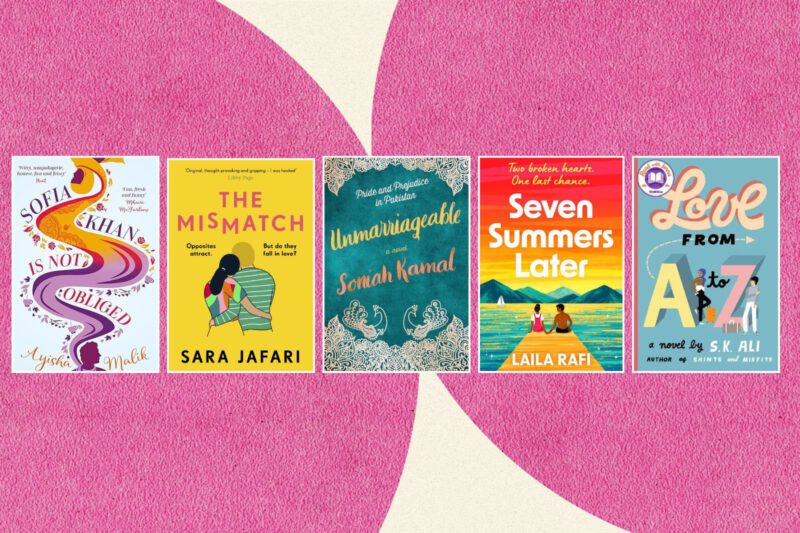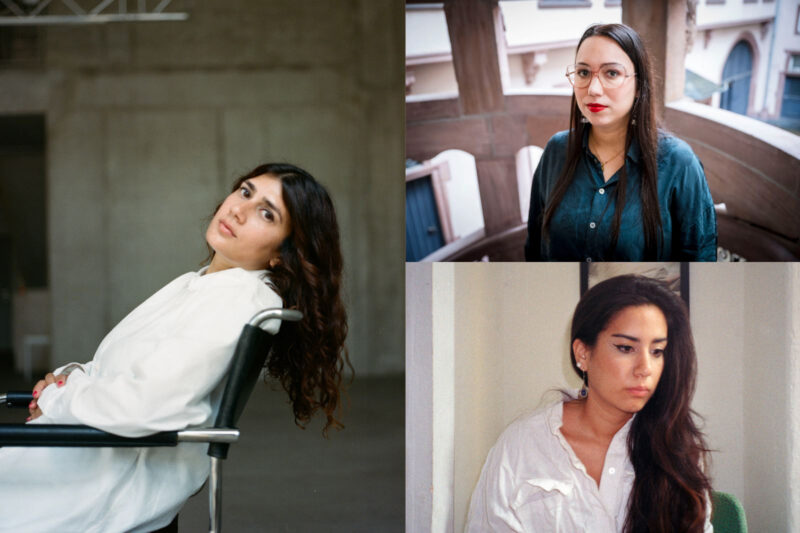Book recommendations: top memoirs by authors of Muslim heritage
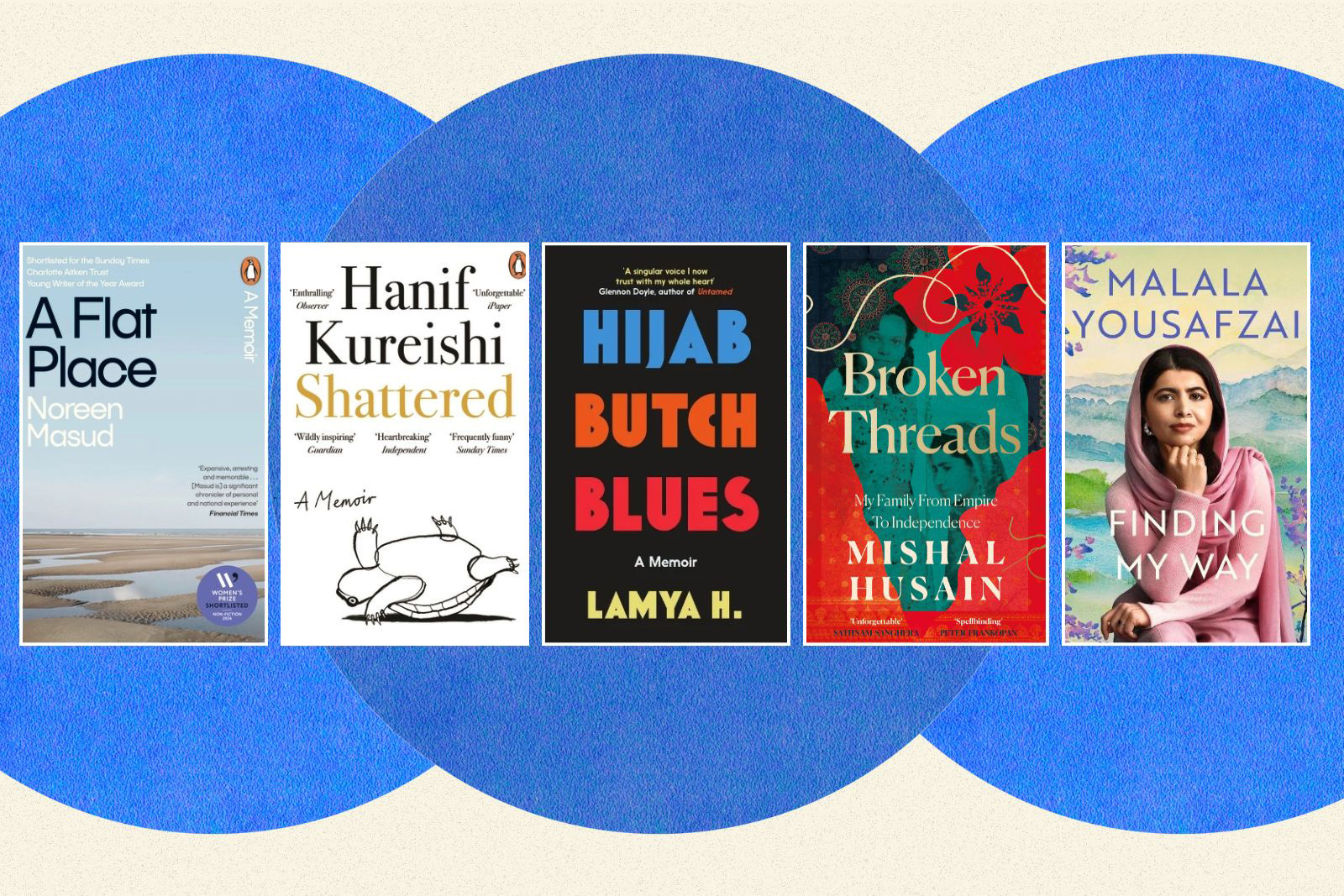
Memoirs to carry you through difficult moments in life and provide inspiration
The first memoir I ever read was columnist and author Dolly Alderton’s Everything I Know About Love. I remember picking up her account of young womanhood, which explores friendships, career changes, grief and romantic love, right after going through a terrible break-up myself. She wrote about her 20s, a decade I was living through when I read it, and for the first time in weeks I felt like I could finally breathe again. Her candour allowed me to slip briefly into a life that wasn’t my own.
I had opened a door to an entirely new reading experience. In the months that followed, I devoured contemporary memoirs: Deborah Levy’s Things I Don’t Want To Know and The Cost of Living, Joan Didion’s The Year of Magical Thinking, Tara Westover’s Educated, Paul Kalanithi’s When Breath Becomes Air and Olivia Laing’s Lonely City. Each one offered a different way to see the world and to understand myself, my fears and desires. I realised then that memoirs could carry you through the difficult moments in life, because others had gone on to tell the tale.
With that in mind, here are five memoirs that have recently knocked the wind out of me (in the best possible way).
A Flat Place by Noreen Masud
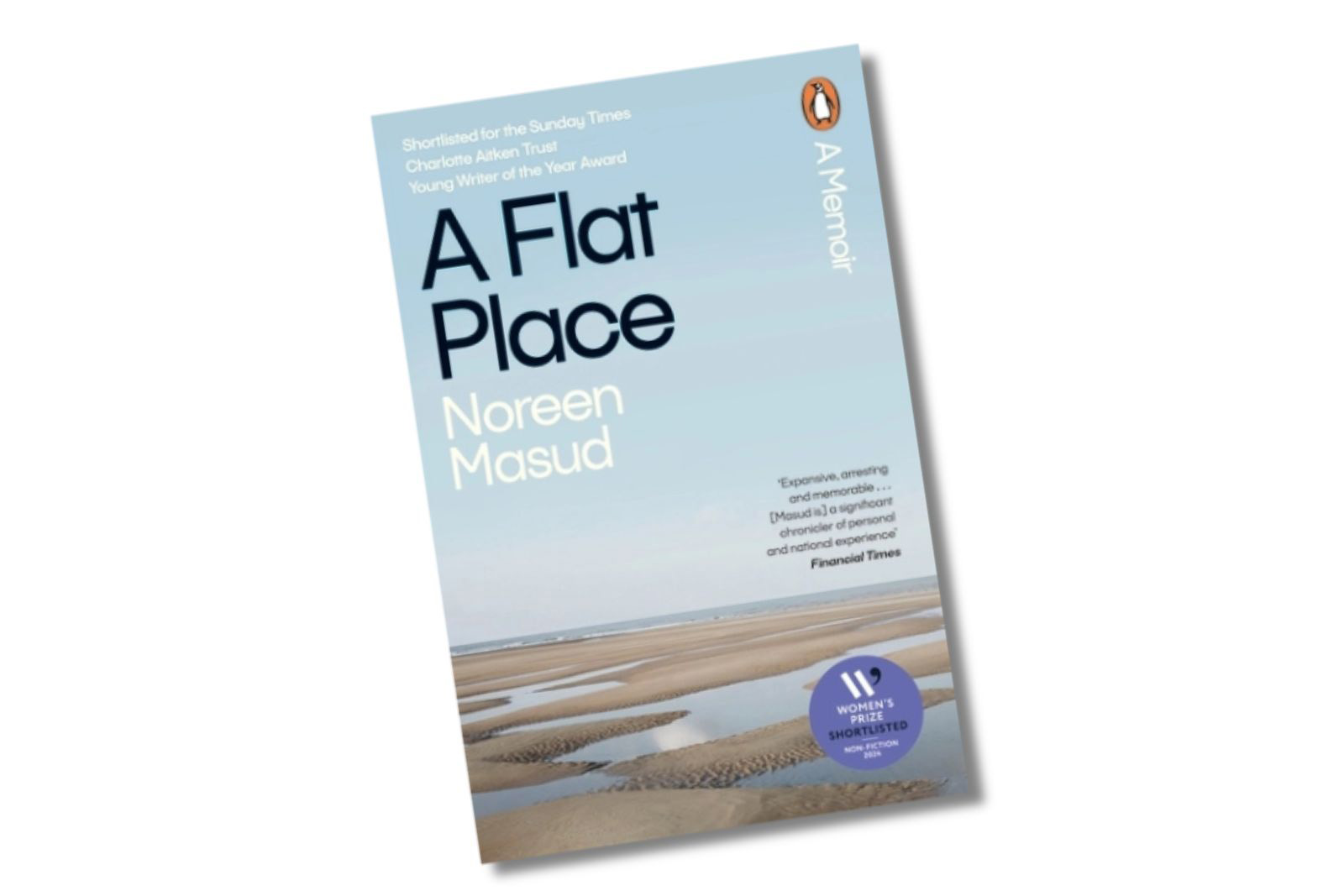
Noreen Masud has written a unique book about how flat places — whether natural landscapes or the cold stone floor of her childhood home in Pakistan — reflect her inner world and the emotional flatness she feels as a result of childhood trauma. “When we stand in a flat landscape, we find ourselves in a kind of contradiction,” she writes. “Everything there is to see lies freely open to us. And yet there seems to be nothing to see. We don’t know how to organise this space in our minds.”
The Women’s Prize-nominated author weaves together an extraordinary range of themes — including familial abuse and Pakistan’s post-colonial trauma — as she travels to flat places across the UK. In locations such as Newcastle Moor, Orford Ness, and the Orkney Islands, she explores the landscapes and unravels their local histories. Masud connects each place to her own emotional terrain. What really drew me to this book was the author’s exploration of her relationship to flatness, and the unsettling yet clarifying feelings such natural landscapes evoke in the absence of everything else.
Shattered by Hanif Kureishi
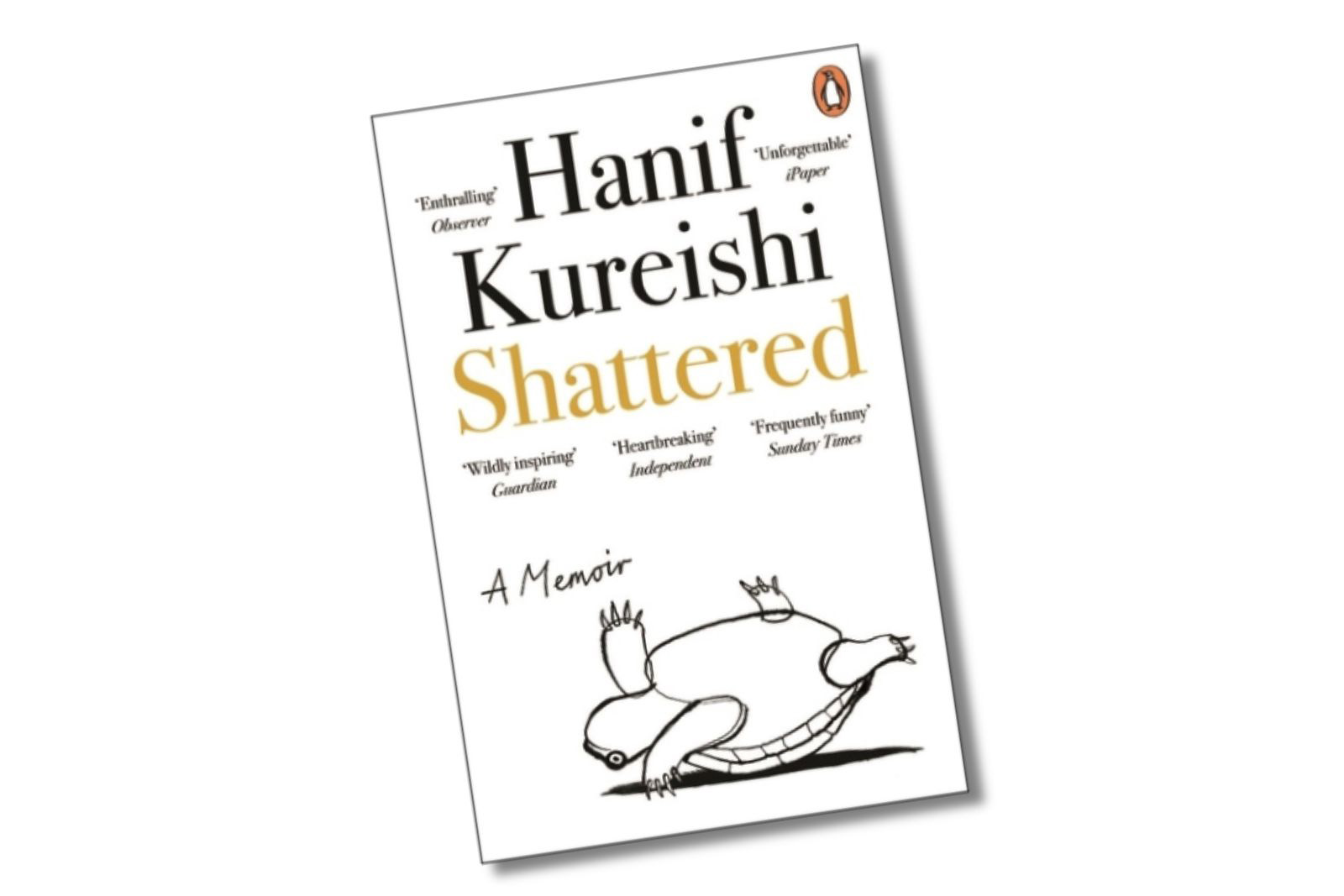
I recently picked up Hanif Kureishi’s most recent memoir in my local bookstore with no idea what to expect, but took an immediate liking to his comical and brutally honest writing. In the winter of 2022, the writer suffered a fall that left him almost completely paralysed, changing his life overnight. He spent the following year in various hospitals in Italy and then the UK, slowly learning to navigate his new reality as a person with disabilities and the profound changes that follow.
The book spans many themes — his childhood, his career as a writer, his relationships — and moves between them with an unflinching clarity. Coincidentally, I grew up in the same suburban town in south-east London, so I could vividly picture the places he described from his youth. He is a generous writer who guides the reader through the emotional turmoil of such an intense experience in later life. It was a pleasure to get to know Kureishi through these pages, and the memoir is a true literary triumph.
Hijab Butch Blues by Lamya H
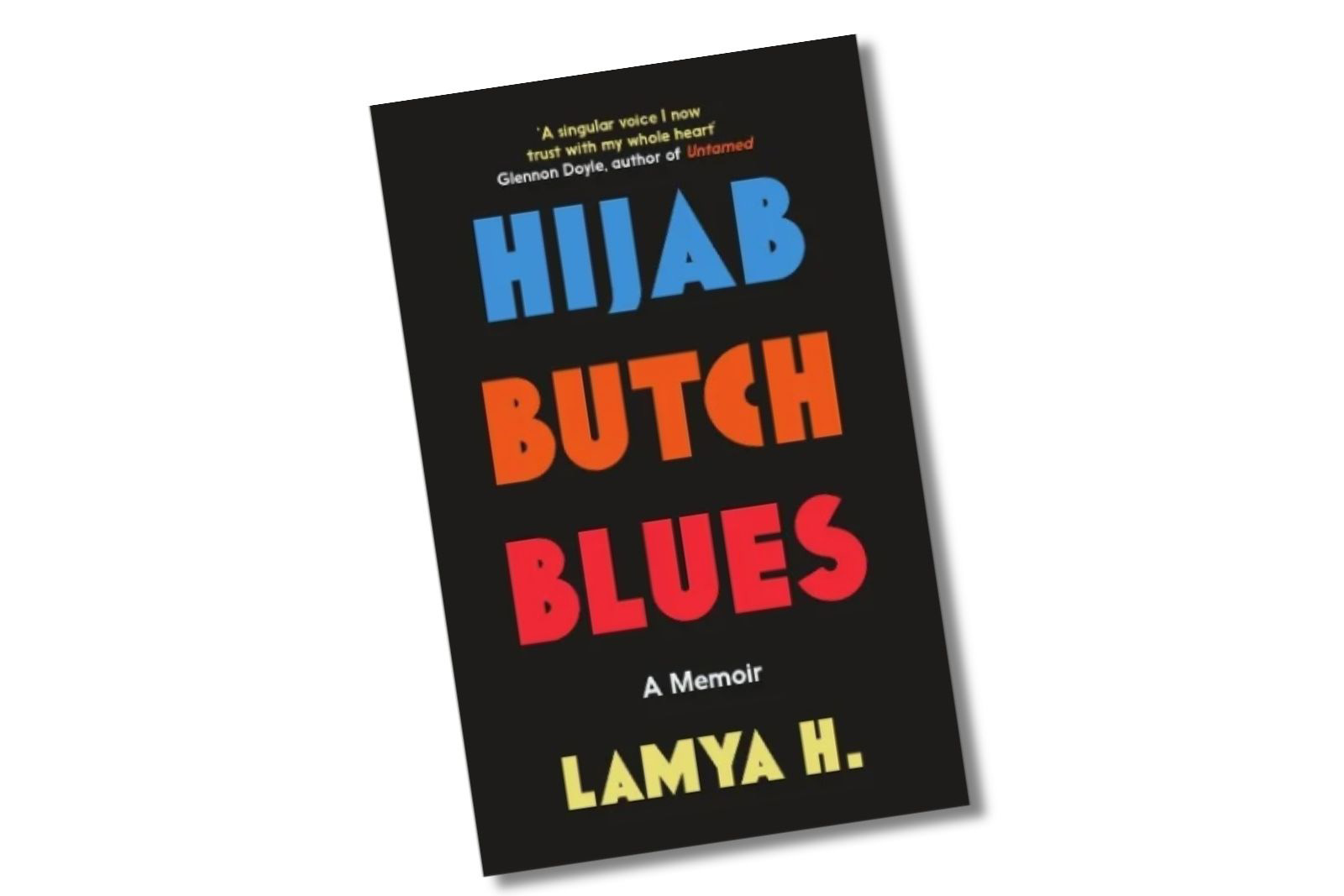
This intimate memoir is a coming-of-age story of a Muslim woman grappling with her faith, sexuality, migration and family. The book has been received with huge praise, but also some controversy, given that the author asks whether Allah is non-binary, or if Maryam, who no man had touched, the mother of Isa (Jesus), was actually a lesbian. You may be shocked at these ideas, but I found that it was through interpretations of the prophets’ stories in the Qur’an that Lamya H begins to make sense of their own identity as a queer woman growing up in a very religious environment.
The author’s reflections are deeply personal and boldly theological, offering a fresh lens through which to understand scripture. She navigates the tension between faith and queer identity with honesty and courage, refusing to compromise.
Hijab Butch Blues is an essential account of the queer Muslim experience that illustrates how faith and sexuality can coexist. By sharing her story, Lamya H fills a gap in queer Muslim representation, validating the experiences of those who are often invisibilised.
Broken Threads by Mishal Husain
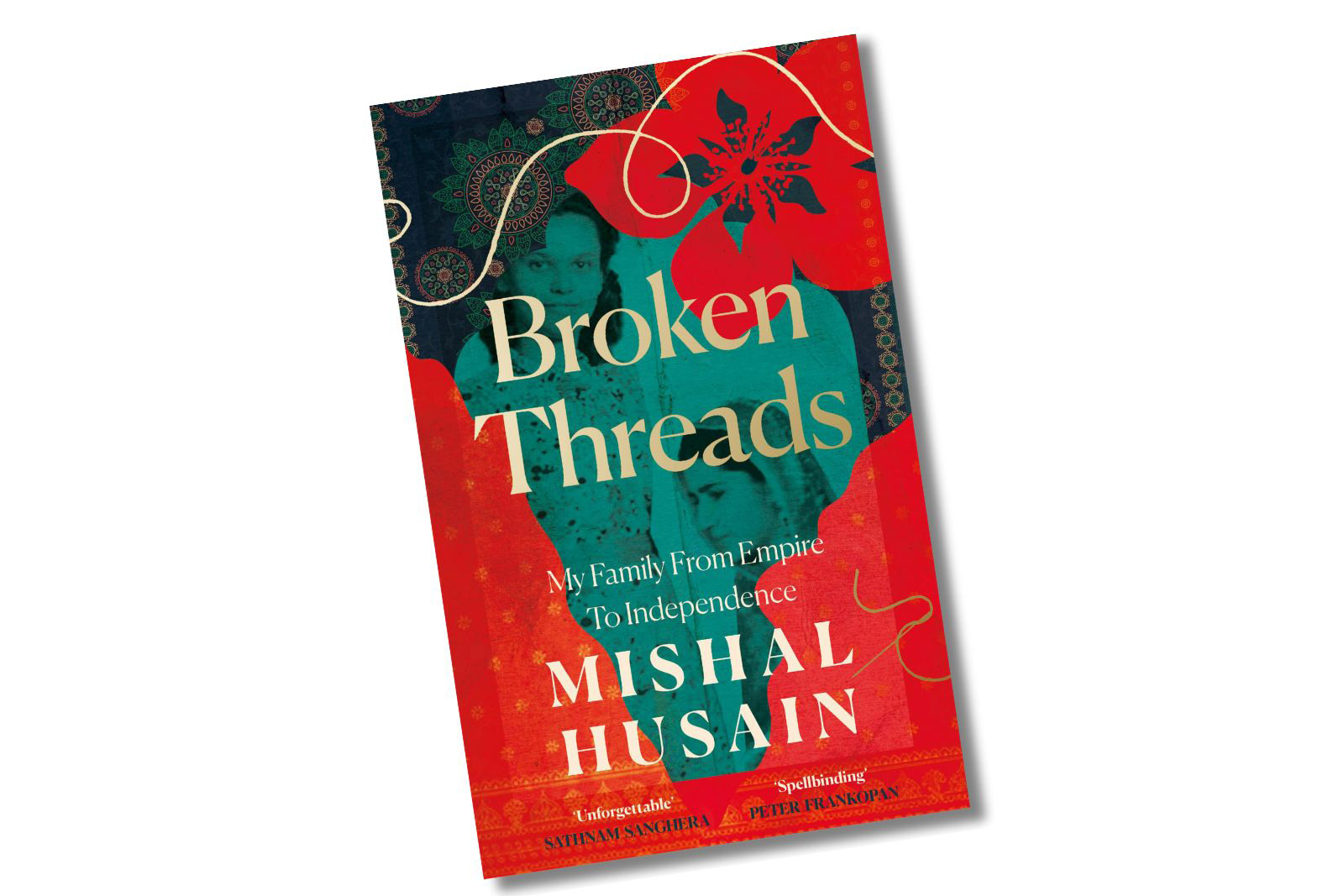
In this outstanding family memoir, journalist Mishal Husain traces her heritage through the lives of her four grandparents, all of whom relocated to the newly formed state of Pakistan after the Partition of India in 1947. This monumental event, which followed the struggle for independence from British colonial rule, led to the deaths of an estimated one to two million people and the displacement of an estimated 15 million, as Muslims fled to Pakistan while Hindus and Sikhs travelled in the opposite direction.
Drawing on diaries, letters and audio recordings, Husain pieces together her family’s history across decades shaped by empire, two world wars, and the creation of India and Pakistan. Her storytelling reveals how vast geopolitical forces can alter the course of individual lives and divide long-standing communities. By generously sharing her family’s experiences, she allows readers to see how these turbulent years were truly lived and remembered by those who survived them. There is much to admire in this book, but what stands out most is the depth of care and research the author brings to every page.
Finding My Way by Malala Yousafzai
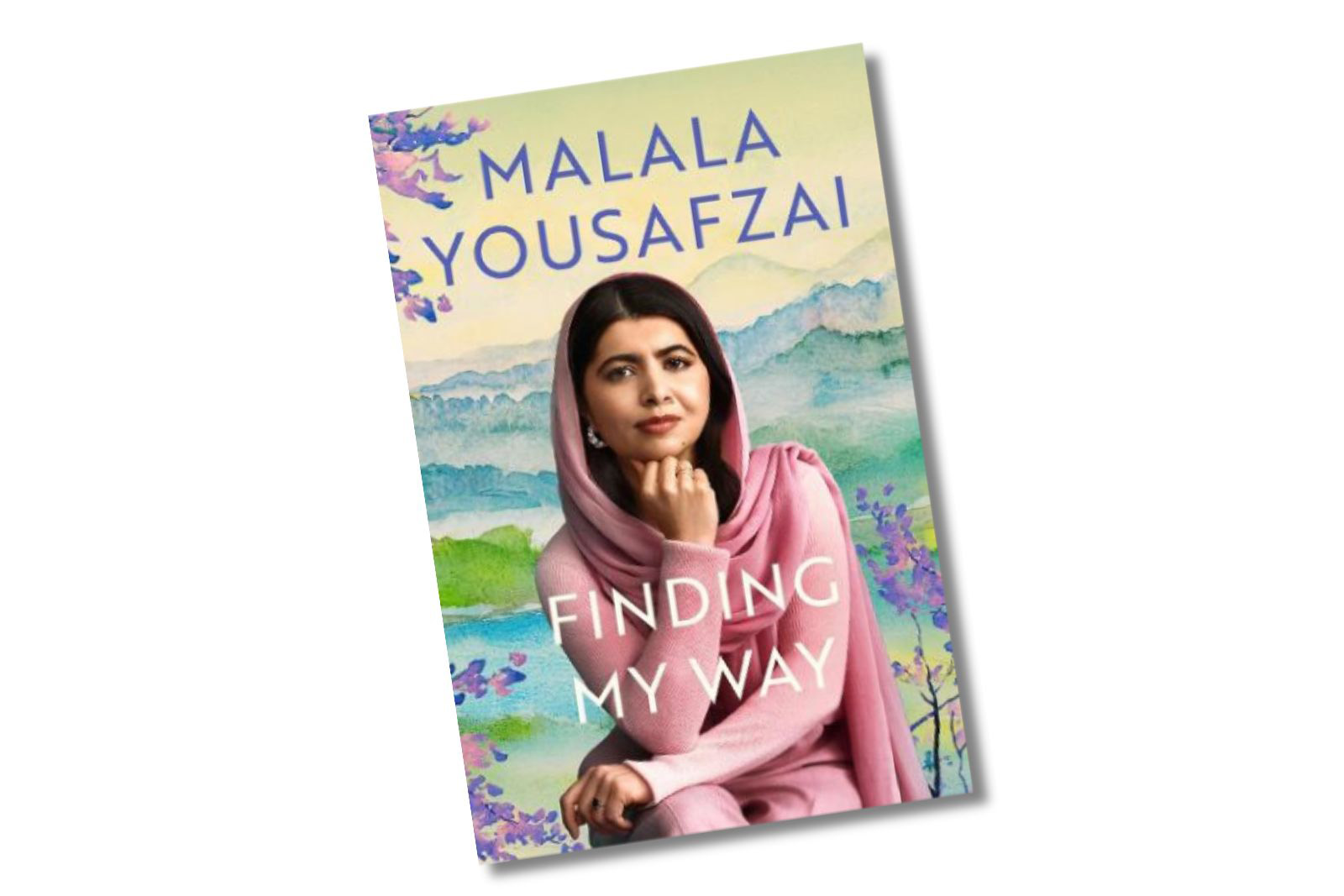
Malala Yousafzai has led no ordinary life. She was thrust onto the global stage at the age of 15 after the Taliban attempted to assassinate her in Pakistan for speaking out in support of girls’ education. Although she quickly became an international feminist hero, her public image has hidden the private challenges she has faced. After surviving the attack, her family resettled in the UK, where she underwent treatment for her injuries, and Yousafzai suddenly had to rebuild her life in a new place, away from her friends and everything she knew.
In her latest book, Finding My Way, she chronicles her journey of self-discovery through her student years at school and at university in Oxford. Caught between her parents’ cultural expectations and her life as a public figure, she’s trying to work out how she can still pass her exams and navigate romantic relationships.
She is both vulnerable and funny in this fascinating memoir. One of my favourite anecdotes she shares is when she took a photo with Prince Harry at an event and Yousafzai’s mother shoved him away for touching her daughter as they posed together. I can only imagine how mortifying that moment must have been.
 Newsletter
Newsletter


